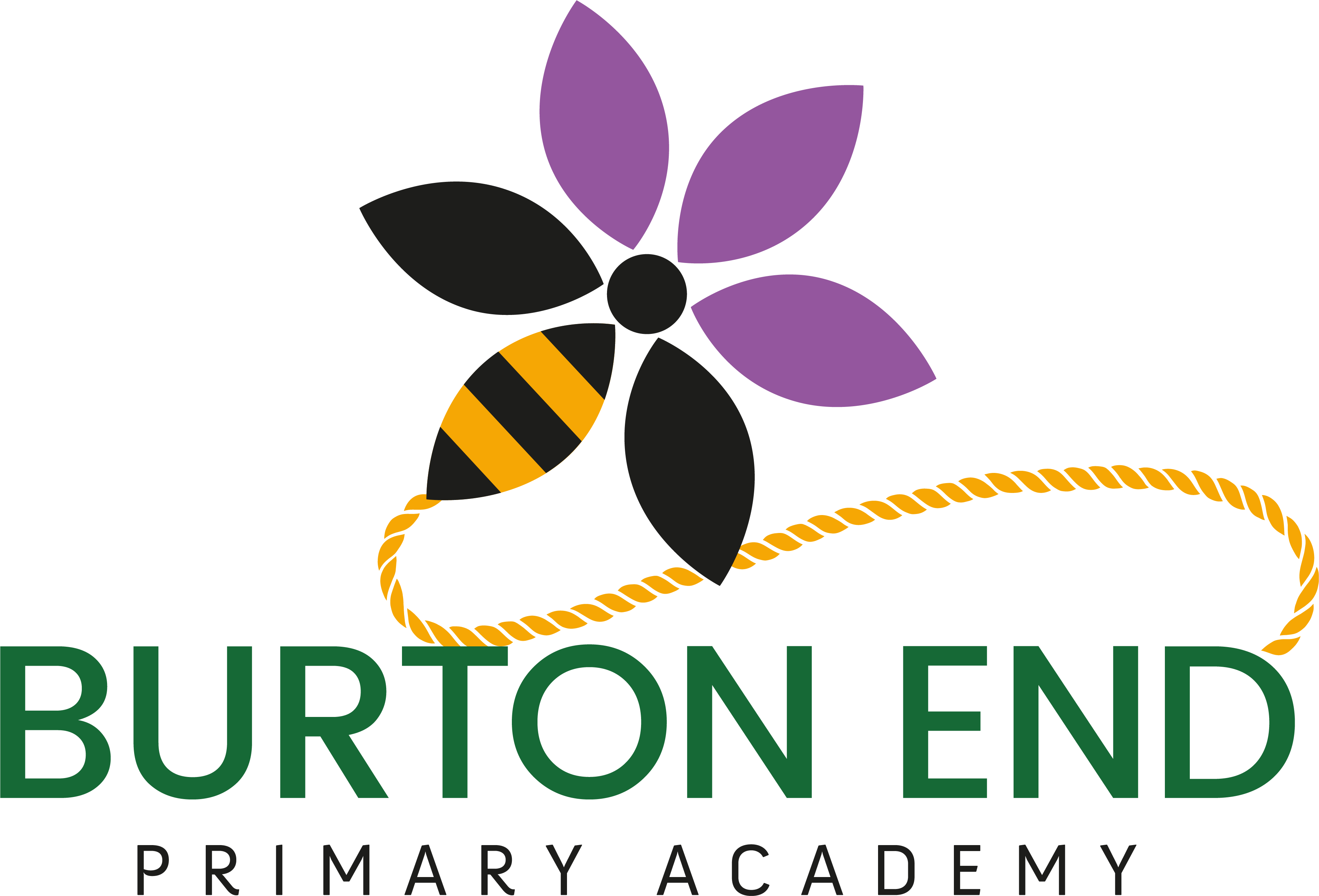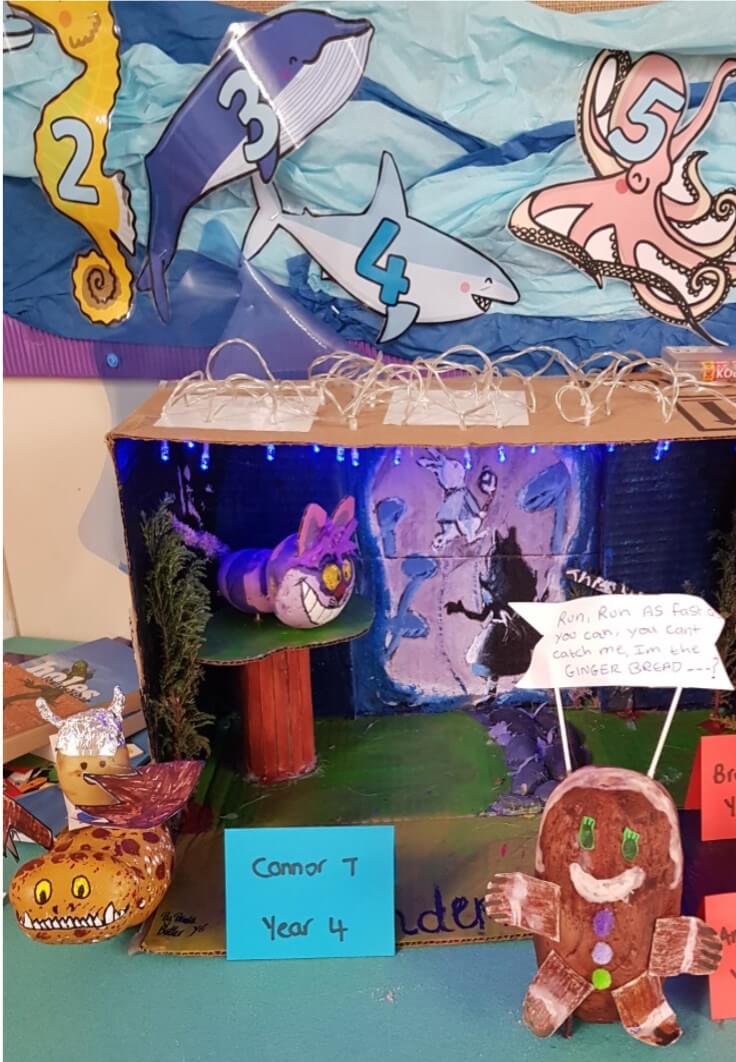Curriculum
Our Curriculum Intentions
At Burton End Primary Academy, we have a rigorously planned, ambitious and highly motivating curriculum. Our school values of kindness, respect, resilience and ambition are used to drive teaching and learning. We ensure inclusion through carefully planned support and adaptations and we ensure challenge through ambitious tasks and again through carefully planned adaptations.
Our broad and balanced curriculum delivers the requirements of the National Curriculum and is underpinned by a firm foundation of knowledge and subject specific vocabulary, which is enriched by regular opportunities to apply and extend understanding in preparation for the next steps in the learning journey.
Our curriculum is tailored to meet the needs of all learners and aims to:
· Develop children’s knowledge and understanding of the world around them;
· Focus on children’s learning behaviours, developing resilient problem solvers who can face and overcome challenges;
· Raise children’s aspirations and make them ambitious to succeed.
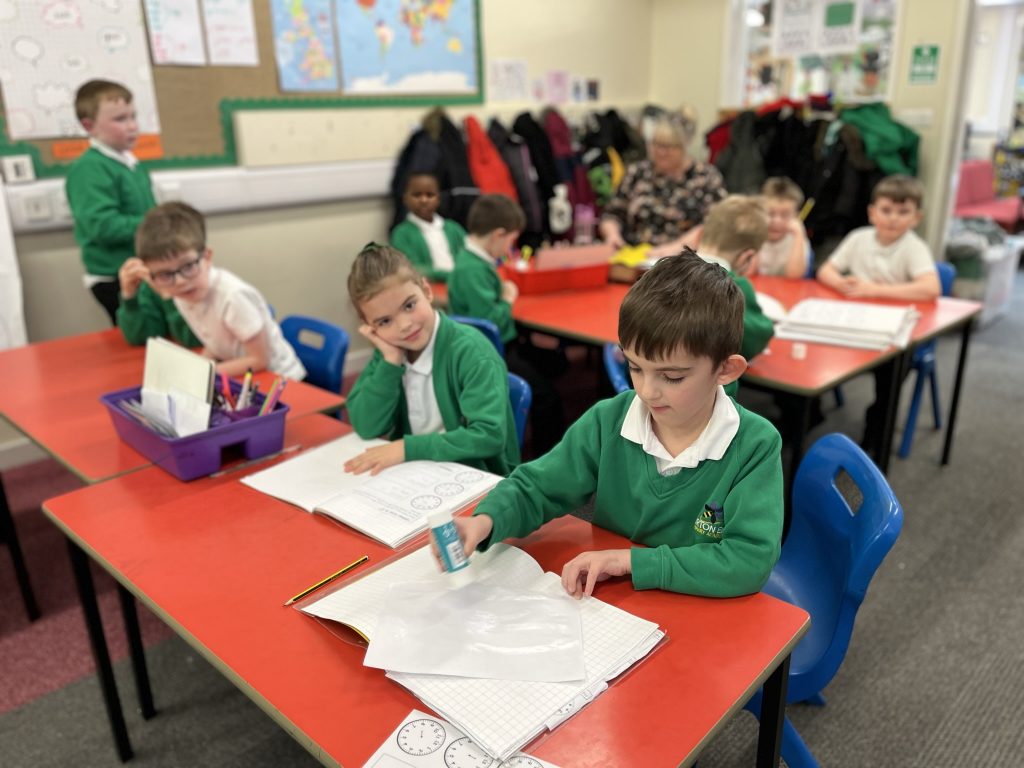
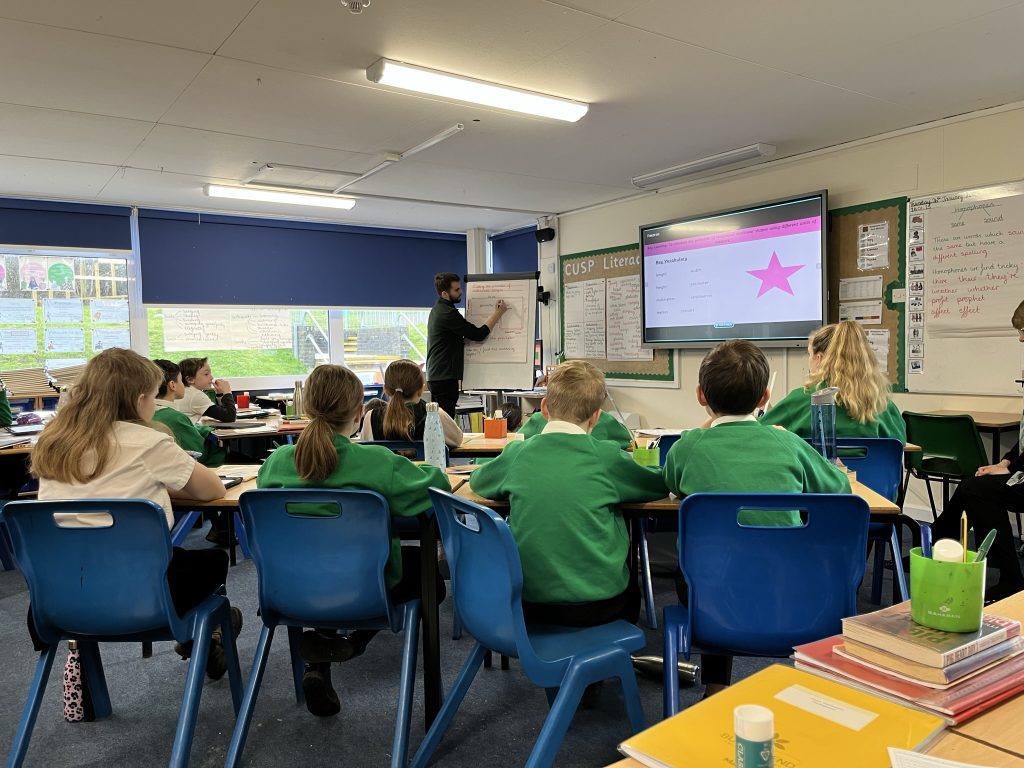
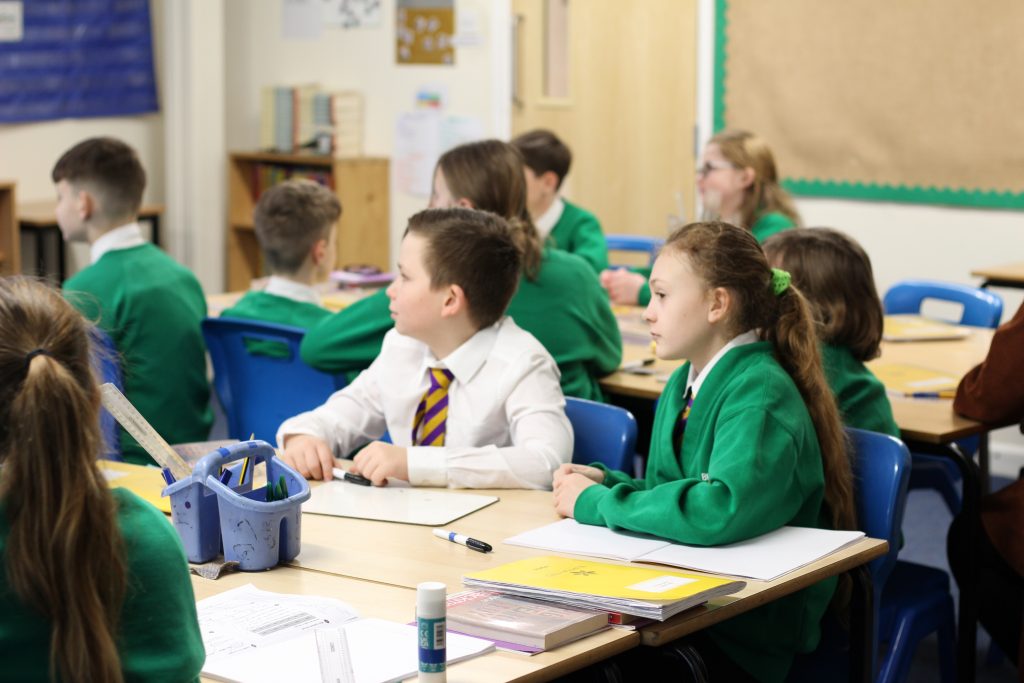
To find out more about the curriculum that the school is following please contact the School Office or email admin@burtonendschool.co.uk
Curriculum Content
The full coverage of our curriculum can be found in our Long Term Plans in the document at the side of this page.
To support teaching and learning across the school, we use a number of teaching resources.
We use the Sounds-Write programme to teach phonics. We put a great deal of focus on making sure that children quickly develop the skills and knowledge that they need to be able to read fluently and confidently by the end of Year 1 and make sure that we support children throughout the school who are not yet meeting he expected standard for reading for their year. We match children’s reading books match the phonics that they are taught. Reading is taught through the whole class reading lessons in Year 1 to Year 6.
Across all classes at the school, the mastery approach towards mathematics is followed. Reception to Year 6 follow the Ark Maths Mastery programme. The programme’s principles include high expectations for every child, ‘depth before breadth’ and a focus on problem solving and conceptual understanding.
The Curriculum for Unity Schools Partnership (CUSP) is used for Reading, Writing, Science, History, Art, DT, Music, French and Geography. This is an ambitious, evidence-based curriculum with a focus on vocabulary. It is planned around key knowledge and concepts that are well sequenced and engaging. The content is age-related and matches the ambitions of the National Curriculum.
PE is taught using the PE Hub scheme of work: this meets all expectations within the National Curriculum and gives teachers the confidence and resources to teach expert PE lessons.
PSHE we follow the ‘1decision’ scheme of work, teachers have access to a program of study, which prepares children for life in modern Britain through modules, is split into the following categories: Keeping/Staying Safe, Keeping/Staying Healthy, Feelings and Emotions, Computer Safety, Relationships, Our World, Being Responsible, Hazard Watch, Fire Safety
The Working World, A World Without Judgement
We follow the Discovery RE® approach to Religious Education. Please contact the school if you are considering removal from RE lessons. This is an enquiry based learning approach from Foundation Stage to Year 6. Through Discovery RE and during their time at Primary School, children investigate 59 enquiry modules covering Christianity, Buddhism, Hinduism, Islam, Judaism and Sikhism. These enquiry based learning sessions support the teacher to deliver engaging and challenging RE lessons.
Each subject is taught discretely to allow children to build on previous knowledge and skills and to enable links to be made as their learning progresses.
Early Years
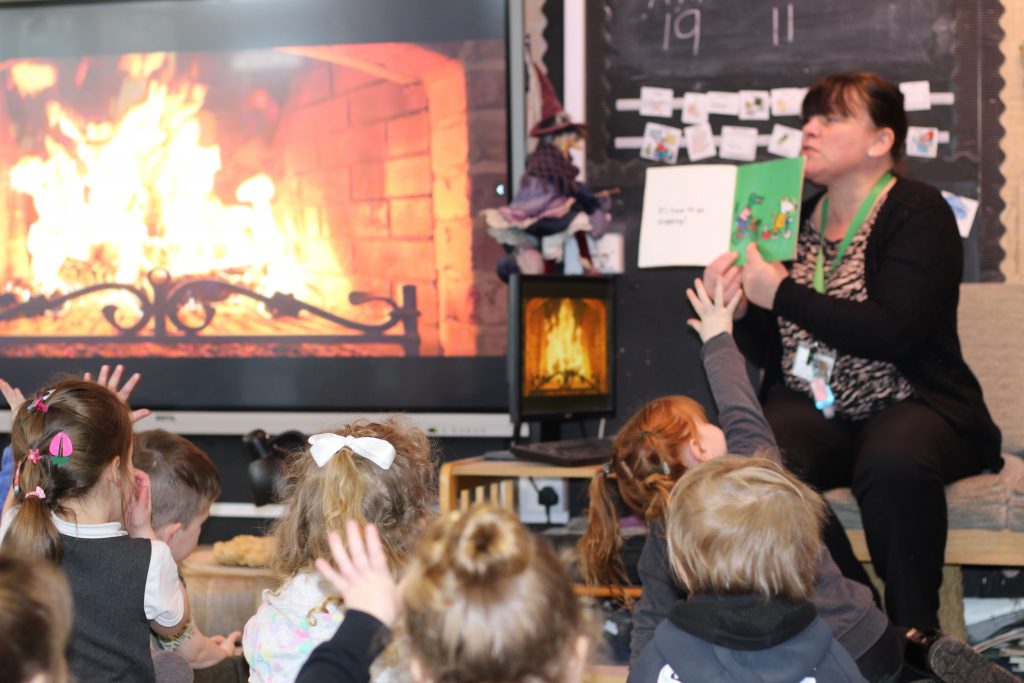
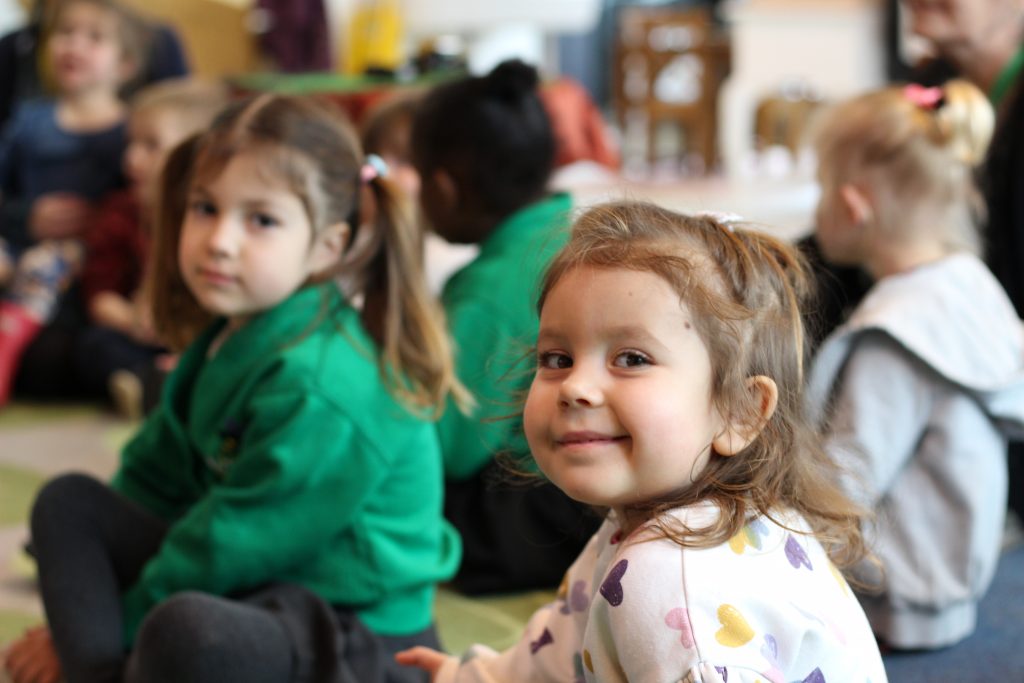
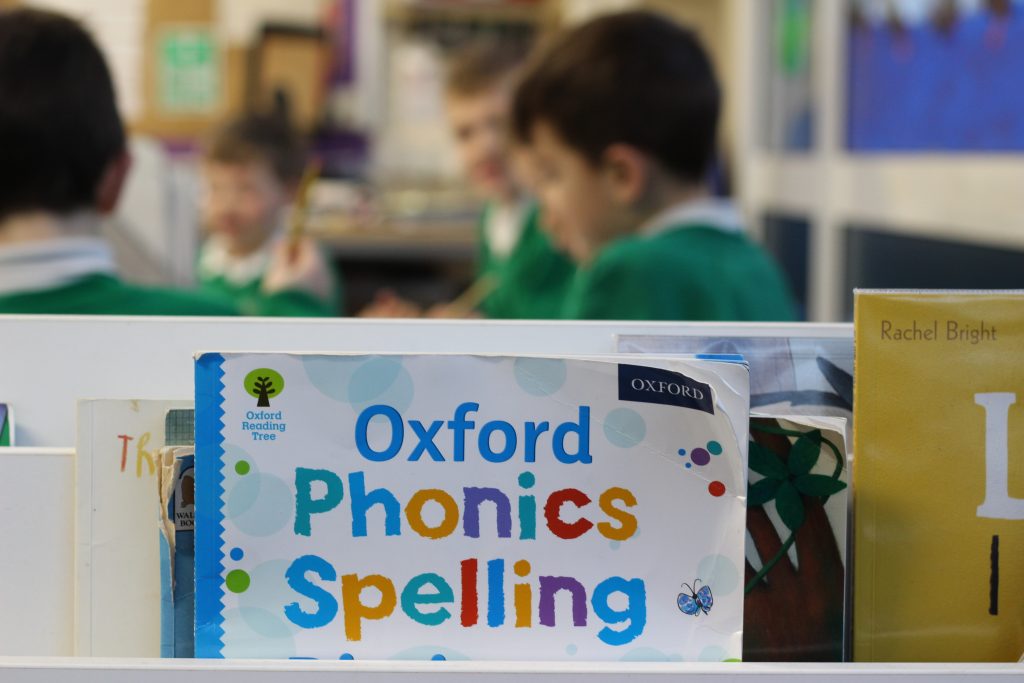
Within Early Years, our children follow the Early Years Foundation Stage framework. This consists of 7 areas of learning – three prime areas and four specific areas:
· Communication and Language
· Personal, Social and Emotional Development
· Physical Development
· Literacy
· Mathematics
· Understanding the World
· Expressive Arts and Design
Children in Early Years learn through a continuous provision model. This model encourages learning through play both indoors and outdoors with staff engaging in meaningful, teachable interactions. Maths Mastery and the Mastering Number programme (which is also used in Key Stage 1) are used to support teaching within EYFS as well as Sounds-Write for delivering Phonics.
In Reception, 1decision long term plans are used for PSHE and the PE Hub scheme of work are used to deliver PE lessons.
The Curriculum for Unity Schools Partnership (CUSP) is used for structured story times throughout our EYFS. A well thought out and carefully selected literacy spine has been designed to support both the rhythm of the year and the needs of the cohort. This caters for children from the age to two up to the end of Reception. These books have also been selected to offer a wide range of stories both from different cultures and with a variety of foci; this helps children to fully understand the diverse world around them.
This is an ambitious programme with a focus on vocabulary that enables children to explore and develop all 7 areas of learning. CUSP Early Foundations is also used in all three EYFS classes to ensure we have consistent coverage of all 7 areas of learning and provide a range of opportunities for children. As well as securing the necessary knowledge and understanding, children are challenged throughout the school to develop the skills that they need to become lifelong learners.
